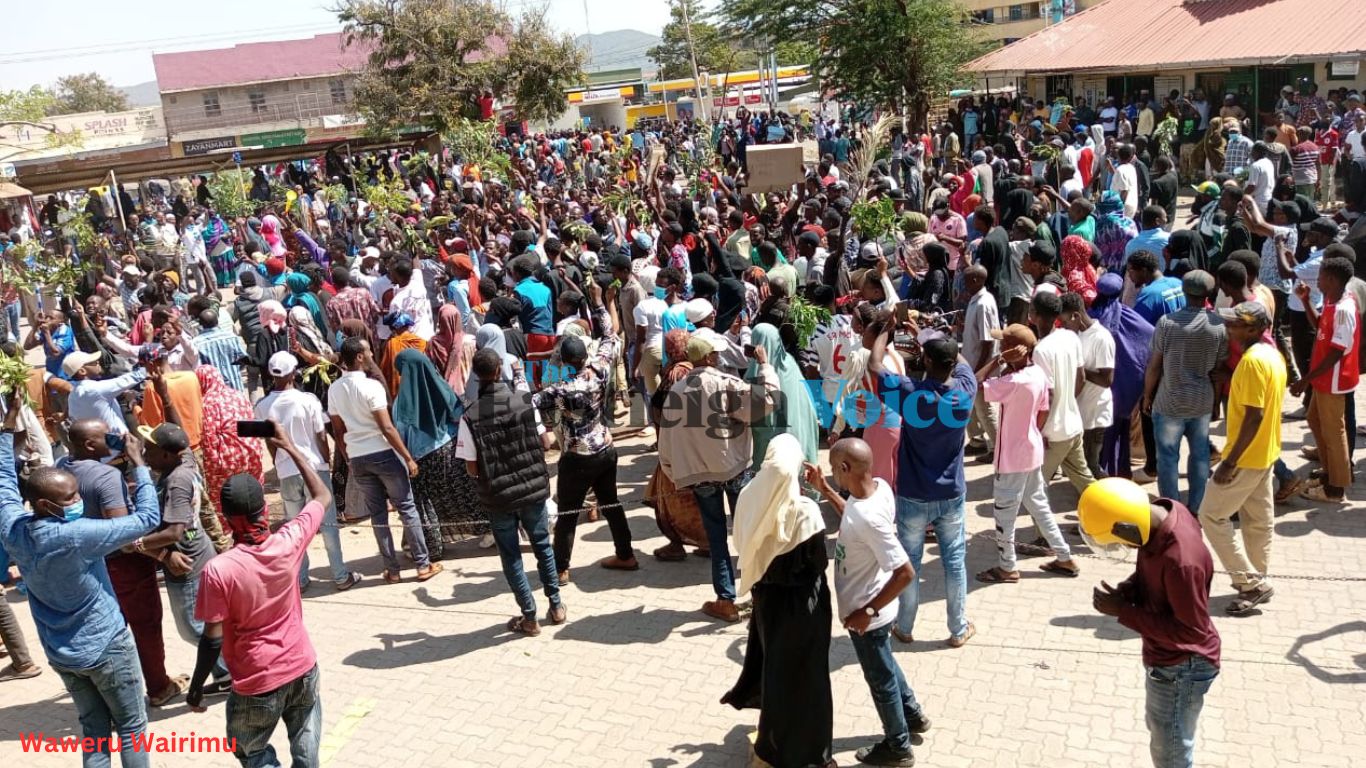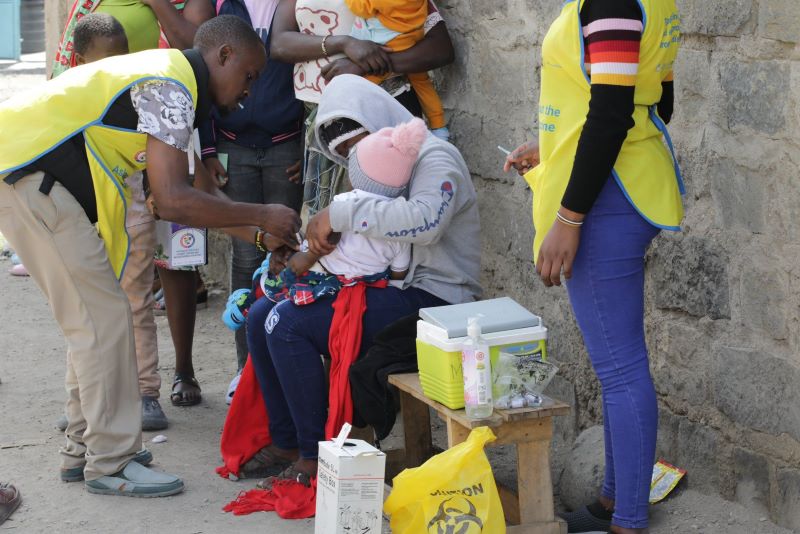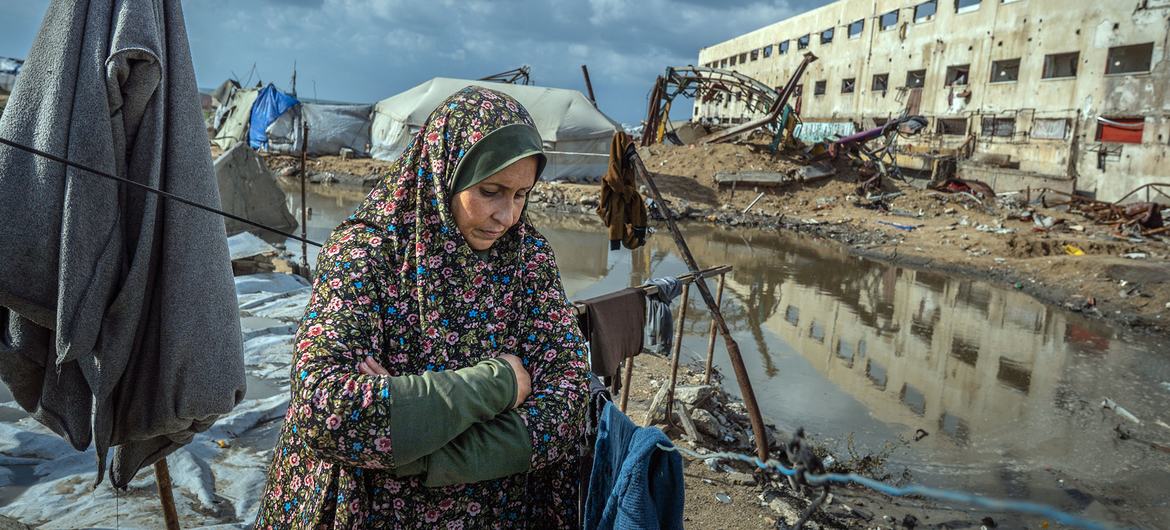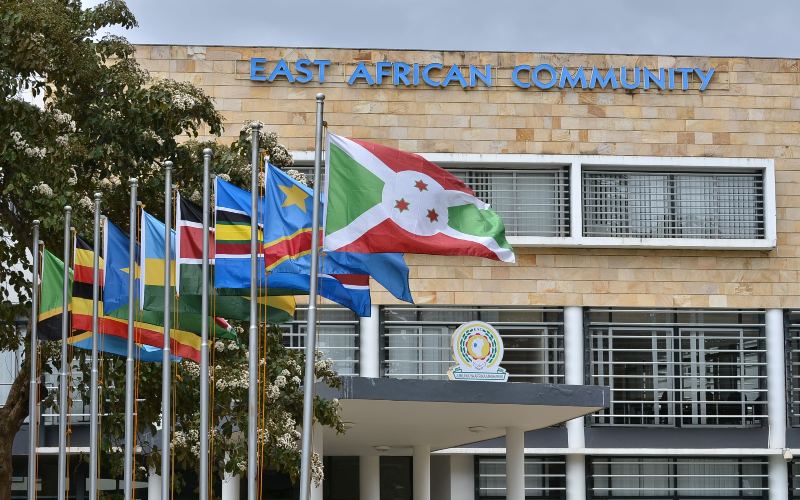How school literature books helped ignite Kenya’s Gen Z protests

Some protesters compared people in President William Ruto’s government with the characters they studied in various books
After the invasion of Parliament by anti-Finance Bill 2024 protesters, Homa Bay Senator Moses Kajwang’ attributed the happenings to the mind-opening literature studied in Kenya’s secondary schools.
Speaking in the Senate, the articulate lawmaker listed some of the literature books that have been taught in schools such as The Animal Farm, Kidagaa Kimemwozea, Tumbo Lisiloshiba, and one of the latest titled Parliament of Owls.
More To Read
- Chimamanda Ngozi Adichie honoured with two European literary awards
- NoViolet Bulawayo wins the best of 25 years of the Caine Prize: Why she deserves it
- Kenya Publishers Association honours Ngugi wa Thiong’o with Hall of Fame induction
- New trend: African novels being translated into English for wider readership
- Beyond 'Kifo Kisimani': Inside the mind of Kenya’s literary titan, Prof Kithaka wa Mberia
- Families of Gen Z protest victims demand justice before compensation
Kajwang spoke shortly after angry Gen Z protesters stormed Parliament on the day the National Assembly passed the Finance Bill which had triggered widespread discontent for proposing new taxes that Kenyans viewed as punitive.
The senator wondered why the Gen Z protestors, the products of former President Mwai Kibaki's free primary education, should be blamed for storming a parliament seen to be insensitive to their plight, "a parliament of owls, sell-outs and turncoats".
"We are the ones who have fed this kind of literature, and we are reaping what we sowed," he said.
As the protests intensified, some of those who participated in them compared people in President William Ruto’s government with the characters they studied in various set books.
Some of the titles that have gained traction include Kifo Kisimani, Mstahiki Meya, Tumbo Lisiloshiba, An Enemy of the People and Parliament of Owls.
The books that show that literature reflects society, its good values and ills, also illustrate how the writings mirror the evils that bring society to a consciousness that makes it amend its mistakes.
In Tumbo Lisiloshiba, Prof Said Mohamed seeks to illustrate the greed a leader exhibits when in power. He uses the book to point out that it is possible to revolt against a leadership that does not care about the welfare of its subjects.
The story revolves around the lives of people living in a slum known as Madongoporomoka which is situated next to a town that is rapidly developing, and whose homes are demolished to pave the way for modern buildings.
In An Enemy of the People, a play written in 1882 by Norwegian playwright Henrik Ibsen, one of the main characters, Dr Thomas Stockmann, discovers that the water in his town’s public baths is contaminated.
When he tries to publicise his findings, he is met with resistance and hostility from the townspeople led by the mayor, Peter Stockman, who is his elder brother. The mayor and his supporters are more concerned with protecting their economic interests than with the health and safety of their community.
The play is a critique of society's tendency to suppress inconvenient truths and an exploration of the individual's struggle against collective ignorance and corruption.
The late Prof Ken Walibora’s Kidagaa Kimemwozea is a story told using a journey motif of two characters, Imani and Amani. The two leave their homes and set out for Sokomoko town to look for jobs to earn a decent living.
However, they come across River Kiberenge whose water is avoided by the natives who associate it with death. Amani and Imani defy all the odds and decide to partake of the water.
River Kiberenge provides the author with another kernel to continue narrating the story. Using this kernel, the reader learns that it is only those who drink from the river who can pursue the liberation struggle.
This comes to pass because once in Sokomoko Imani and Amani get menial jobs working for two brothers – Nasaba Bora and Majisifu – who are oppressors.
Through Nasaba Bora, Walibora captures the emotive issue of land in post-independent Kenya where the poor are oppressed and their land grabbed.
On the other hand, the author portrays Majisifu as an academic fraudster who plagiarises other people’s manuscripts. Whenever he is entrusted with manuscripts by publishers who require him to objectively review them and write reports, he does the opposite by making negative reports on them and later using other people’s ideas for his selfish interests.
This aptly portrays what could be rife in our institutions of higher learning where naive students are conned of their original ideas by the very people who are supposed to mentor them.
Parliament of Owls is a play written by Adipo Sidang’, an award-winning author, poet, playwright, and consultant on governance and cultural issues.
It mocks the brand of politics found in Africa, especially in Kenya, and the characters, who are the birds, are given suggestive names that echo Kenyan politicians, leaving the audience with no illusion as to what its purpose is.
In the play, lawmakers passed bills ensuring that the interests of owls were protected, to the detriment of other birds in the Kingdom.
The laws – like the moonlight bill – are passed hurriedly when the owls realise other birds are planning a demonstration against them. Parliamentarians are either coerced or rewarded to pass the bills. Those like Iron Lady who attempt to oppose the frivolous bills are thrown out of parliament or denied a chance to contribute to the bills.
The Play is a political satire that highlights how bad leadership, tribalism, and corruption can work against the growth of society.
Prof Kithaka wa Mberia’s Kifo Kisimani is a play that illustrates a fierce battle against a dictatorial leadership where the main character, Mwelusi, becomes a martyr of the struggle.
According to Mberia, before Kifo Kisimani became a Kenyan set book, it was studied in universities abroad.
“Our Eurocentric attitude exceeds that of the Europeans themselves. People out there get very excited reading Swahili books,” he said.
He said literature books help pass important messages to the people.
Kelvin Mwaniki, a protester who studied An Enemy of the People in high school, told The Eastleigh Voice that society must interact with its past and present to eliminate impediments that stifle the growth of good governance and accountability.
“To be fair, my urge to demand accountability from our leaders was instilled in me by the books I read in secondary school,” said Mwaniki.
Top Stories Today
















































